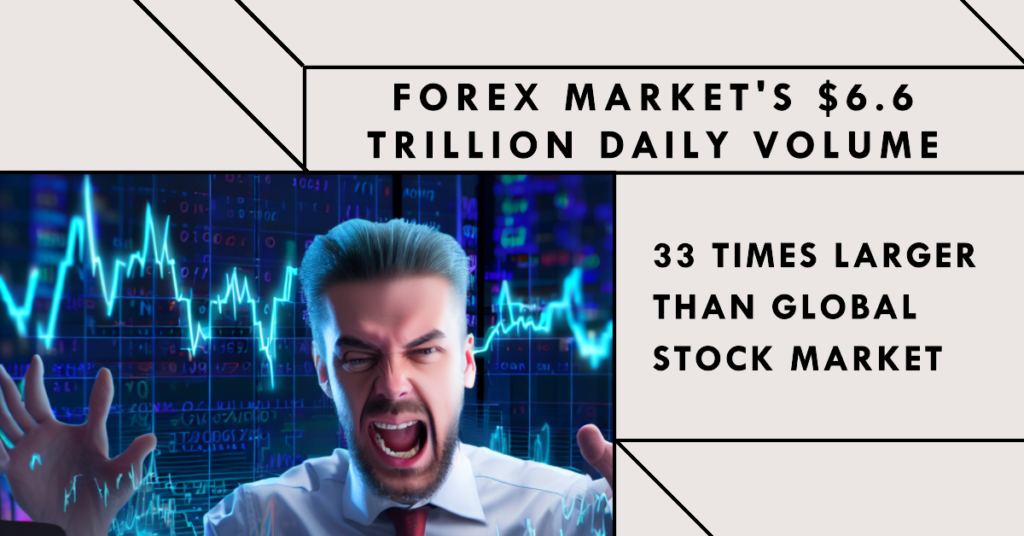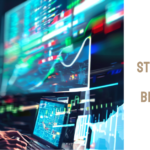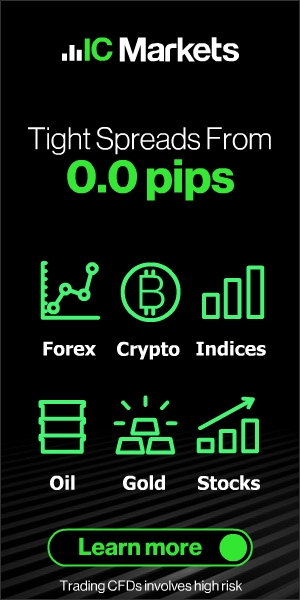
The differences between Forex and stock trading: A Comprehensive Guide
- Jonny Smith
- March 31, 2023
- Forex Trading For Beginners
- Best_forex_broker, ECN_Forex, forex_brokers, instant_withdrawal
- 0 Comments
If you’re considering investing, you’ve probably heard of stock and Forex trading.
This guide will examine the key differences between Forex and stock trading to help you decide which is best.
Although each investment option has advantages and disadvantages, knowing the main distinctions can help you make a well-informed choice.
Market Size and Liquidity

Forex trading
With a daily transaction volume of more than $6.6 trillion, the foreign exchange market, or Forex, is the largest financial market in the world.
This massive size provides exceptional liquidity, which means you can easily buy or sell currencies without significant price changes.
Stock trading
The global stock market, while still massive, has a smaller daily trading volume compared to Forex, at around $200 billion.
This can sometimes result in lower liquidity for specific stocks, particularly those with low trading volumes or smaller market capitalizations.
Trading Hours

Forex trading
The Forex exchange is open 24 hours a day, five days a week.
This is because currency trading occurs across multiple time zones as markets open and shut in different countries.
For traders, this means more flexibility and the ability to capitalize on global economic events around the clock.
Stock trading
Stock markets generally have fixed trading hours, typically during regular business hours in the respective country.
This can limit trading opportunities and may not be ideal for traders with full-time jobs or those looking for more flexibility.
Assets Traded

Forex trading
You trade currency pairs in the Forex market, which reflect the value of one currency against another.
Major currency combinations like EUR/USD and USD/JPY involve more commonly traded currencies.
In contrast, minor and exotic pairs involve less frequently traded currencies.
Stock trading
Purchasing and selling individual company shares published on stock exchanges like the NASDAQ or the New York Stock Exchange (NYSE) constitutes stock trading.
Across all sectors and countries, there are thousands of companies to choose from.
Leverage

Forex trading
One of the most significant advantages of Forex trading is the availability of high leverage.
Leverage allows you to trade more significant positions than your initial investment would permit.
Leverage ratios in Forex can range from 50:1 to 500:1, based on the broker and position size.
Stock trading
Although it is typically smaller than in Forex, leverage is still an option.
For instance, the highest leverage allowed for retail investors in the United States is 2:1, meaning you can only borrow up to 50% of the trade value.
Volatility

Forex trading
Currency markets can be erratic, especially during major global or economic events.
However, the most-traded currency pairs have lower volatility than individual stocks, making Forex trading more stable.
Stock trading
Stock markets can also experience significant volatility, particularly during earnings announcements or major news events.
Individual stocks may have even higher volatility levels based on the size and industry of the firm.
Costs and Commissions

Forex trading
The spread, the difference between a currency pair’s bid and asking price, is the main cost in Forex trading.
Because they benefit from the spread, most Forex brokers do not charge commissions.
Stock trading
When you exchange stocks, you usually pay a commission to the broker for each transaction.
Some brokers also charge additional fees for market data or account maintenance.
However, the rise of zero-commission brokers has made stock trading more affordable for retail investors.
Fundamental and Technical Analysis

Forex trading
In the currency market, fundamental analysis focuses on macroeconomic factors such as interest rates, inflation, and political stability.
Traders monitor economic indicators, central bank policies, and geopolitical events to predict currency price movements.
In contrast, technical analysis employs past price data and chart patterns to identify trends and potential trading opportunities.
Stock trading
Fundamental analysis in stock trading entails scrutinizing a company’s financial statements, management team, competitive advantages, and industry trends to determine its intrinsic worth.
Traders rely on chart patterns and indicators to predict future price movements. Technical analysis is also widely used in stock trading.
Diversification and Risk Management

Forex trading
Risk management in Forex trading is crucial, as the high leverage can lead to substantial losses if not managed properly.
While the currency market allows for diversification across multiple currency pairs, Forex trading primarily focuses on one asset class: currencies.
Stock trading
Stock trading offers more opportunities for diversification, as you can invest in companies from various industries and countries.
This can help spread risk across a broader range of assets, potentially reducing the overall portfolio risk.
However, proper risk management is essential to protect your investments from potential market downturns or stock-specific issues.
Regulatory Environment

Forex trading
The market is decentralized, meaning no central exchange or governing body oversees transactions.
Instead, currency trading takes place directly between participants in the interbank market.
This can sometimes result in less stringent regulations and oversight than stock trading.
Stock trading
Stock markets are typically subject to more regulation, as they are overseen by financial regulatory authorities in their respective countries.
These regulators aim to protect investors by enforcing rules on transparency, disclosure, and fair trading practices.
Conclusion
Both Forex and stock trading offer unique advantages and challenges for investors.
Due to its enormous liquidity, availability around the clock, and high leverage, forex trading is a popular option for those looking for freedom and better returns.
On the other hand, stock trading offers more opportunities for involvement in particular companies and greater diversification in a more controlled setting.
Finally, your financial objectives, risk tolerance, and preferred trading style will determine the choice between Forex and stock trading.
To maximize your odds of success, conduct thorough research, create a solid trading strategy, and practice sound risk management, just as you would with any other investment.








